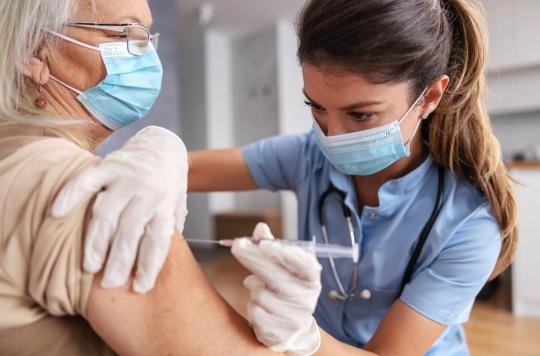A new study reveals that several factors played an important role in the decision to get vaccinated against Covid-19.

- In France, 60% of the population received a complete vaccination and a booster dose.
- The Omicron variant still circulates almost exclusively in France and its BA.5 sub-lineage is ubiquitous.
Large studies and a high degree of trust and consumption of sources of information on COVID-19: this is the typical profile of people who have been vaccinated quickly (i.e. within two months of the start of vaccination) , according to researchers from the University of Hawaii at Mānoa and the Waiʻanae Coast Comprehensive Health Center (WCCHC).
Social factors
According to their work published in the journal Vaccines, 70% of them also took the booster shot, compared to only 30.5% of those who waited three to six months or who remained unvaccinated six months after their eligibility for the vaccine.
“Social factors, including education and level of trust at the individual level in sources of information about COVID-19, played an important role in a person’s decision to get vaccinated”explains Ruben Juarez, professor of economics in the College of Social Sciences at UH Mānoa and holder of the HMSA chair in health economics at UHERO, in a communicated.
New phase of the pandemic
“Reluctance to be reminded of COVID-19 remains an issue in our community, and understanding what contributes to it has important implications for ongoing public health responses as we enter a new phase of the pandemic.“, recalls the researcher.
This is all the more decisive as new COVID-19 vaccines that target Omicron and its subvariants are expected as early as this fall to deal with a dreaded eighth wave.
The European Medicines Agency also gave its agreement on September 1 for the use of vaccines from Moderna and Pfizer, which target both the ancestral strain of the virus and the BA.1 subvariant.
















